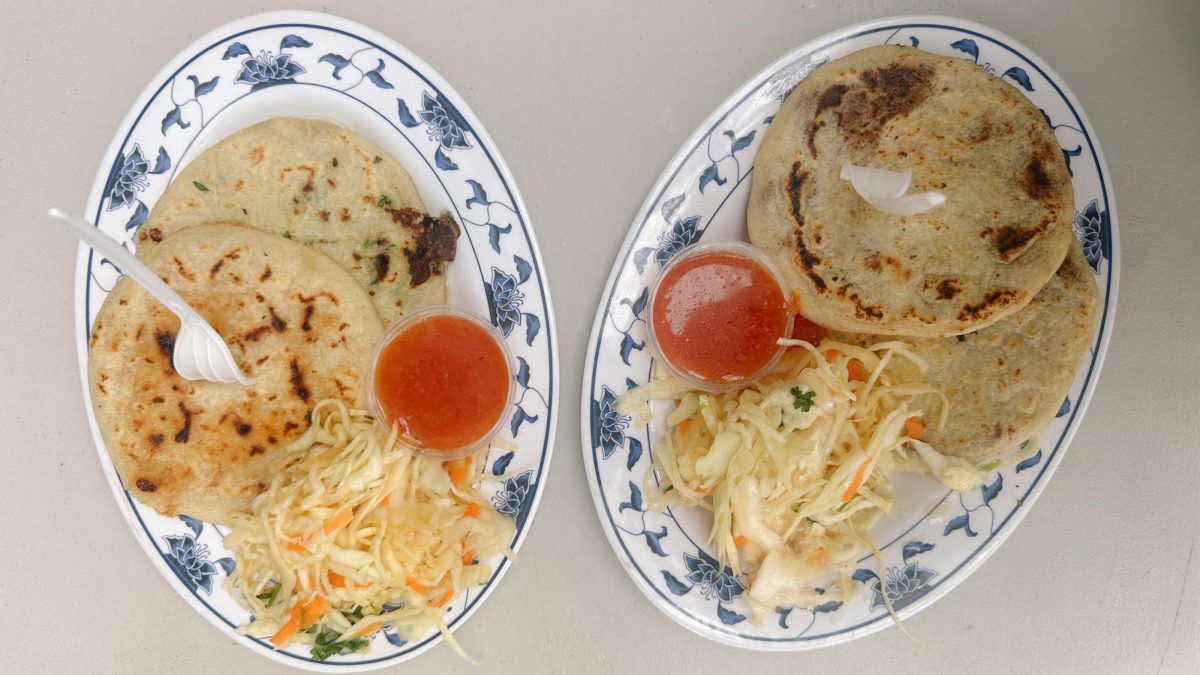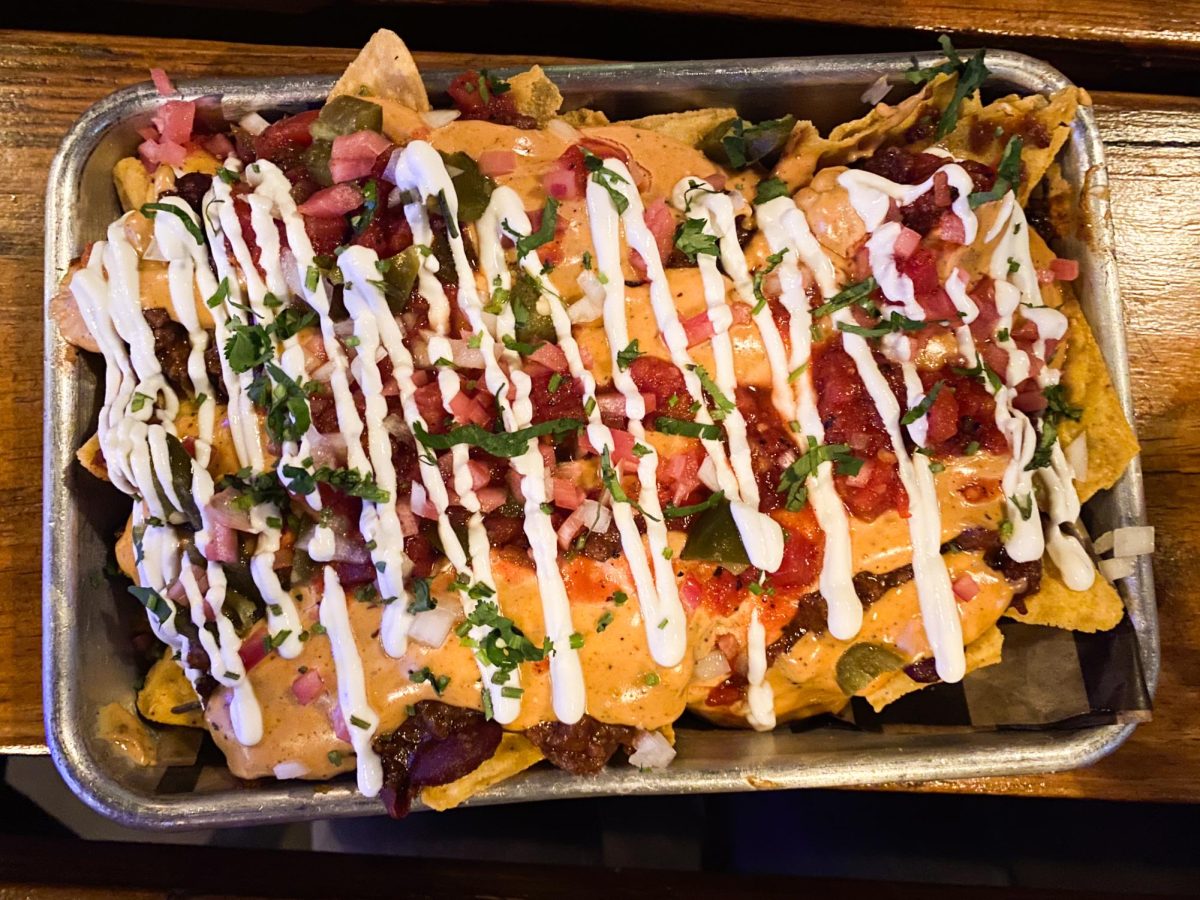This post was written by Hatchet reporter Alex Cohen.

California-based photographer Steve Rosenfield says everyone is an egg and a potato.
He centered a nationwide campaign, called “What I Be,” around the idea that while insecurities can make college students crack like eggs, accepting those doubts makes them as strong as potatoes. The project came to GW for a series of photo shoots last week with the help of the Student Association and the Epsilon Sigma Alpha community service sorority.
Rosenfield helps students display their vulnerabilities through portraits with words and phrases written across their faces, chests or arms. Participants also write a short paragraph that starts with “I am not my…” and fill in the blank with their greatest insecurities to accompany the photograph for context.
“Everyone looks so beautiful because they are honest,” Rosenfield said. “I don’t know anyone’s fake self at GW.”
Freshman Aviva Stone, a member of Epsilon Sigma Alpha, said she was interested in bringing the event to GW after she saw Rosenfield’s work at schools like Princeton and Columbia universities. She thought the project would be “a way of building community” by identifying students’ common struggles at GW.
“I wasn’t sure what to expect,” Stone said. “I thought either two people would show up or 2,000.”
Rosenfield had a waiting list of more than 180 people, a record for the photographer. Stone said students tried to bribe her with coffee and baked goods for the chance to get involved.
Rosenfield now has more than 1,800 photographs, which far surpasses his original goal of 150 images for a book about the project.
Freshman Negi Esfandiari, whose personal quote was “I am not my cup size,” heard about What I Be through Facebook and said she appreciated the sense of liberation that the project offered.
She said she thought the campaign picked up traction at GW because students were eager to share their unique stories, and it made a large student body aware of how students treat each other.
“[It] was personalized to everyone’s individual insecurities, but it empowered them through reclaiming those insecurities and not letting those particular traits define them,” Esfandiari said.



